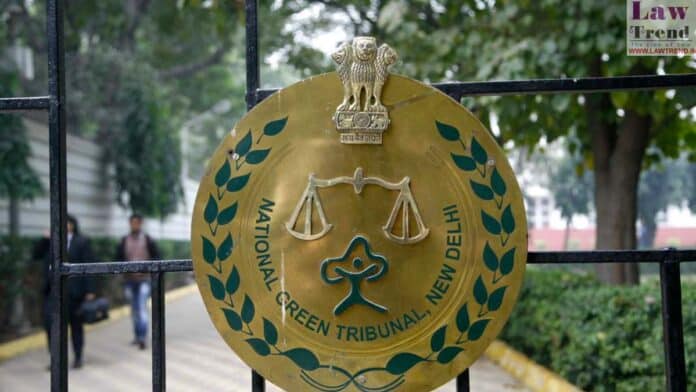The National Green Tribunal has observed that the various states where the Air Quality Index deteriorated did not fully comply with its earlier direction to take “immediate remedial action”.
Expressing dissatisfaction over the pollution situation in these states not showing any “significant improvement”, the tribunal directed the authorities concerned to review their approach, come up with adequate measures to improve the air quality and submit a further action taken report.
The tribunal had earlier issued notices to the chief secretaries of several states, including Delhi, Haryana, Punjab, Rajasthan, Madhya Pradesh, Uttar Pradesh, Maharashtra, Gujarat, Bihar and Jharkhand, after taking cognisance of the Central Pollution Control Board’s online air quality bulletins.
Some cities in these states showed the Air Quality Index (AQI) as ‘severe’, ‘very poor’ and ‘poor’, the tribunal had observed.
An AQI between zero and 50 is considered ‘good’, 51 and 100 ‘satisfactory’, 101 and 200 ‘moderate’, 201 and 300 ‘poor’, 301 and 400 ‘very poor’, 401 and 450 ‘severe’ and above 450 ‘severe plus’.
A National Green Tribunal bench of Chairperson Justice Prakash Shrivastava noted the AQI during November 3-9 and said, “The authorities concerned somewhere are lacking in making the desired efforts which could bring about improvement in the air quality.”
The bench, also comprising Judicial Member Justice Sudhir Agarwal and Expert Member A Senthil Vel, noting the reports filed by the various state authorities said, “We find that in these reports mostly long-term action plans for controlling the air pollution have been mentioned but direction of the tribunal to take immediate remedial action has not been fully complied with.”
The state authorities and the chief secretaries concerned are required to review their approach and come up with adequate measures so that the air quality in the cities improves, the bench said.
Also Read
This may require the identification of major contributing sources of pollution causing deterioration of air quality and to take immediate steps to control it, the bench further added.
The tribunal, in a recent order, underscored that the issue needs to be considered by the authorities concerned with “full seriousness” as a dip in the air quality has serious adverse effects on the health of people, especially infants and the elderly.
“Thus, we direct all the chief secretaries of the states where cities’ AQI has dipped or continued to be severe, very poor and poor, to take all possible immediate remedial measures and ensure that the air quality improves in those cities,” the tribunal said.
Directing that further action taken reports be filed, the tribunal posted the matter to November 23 for further proceedings.




